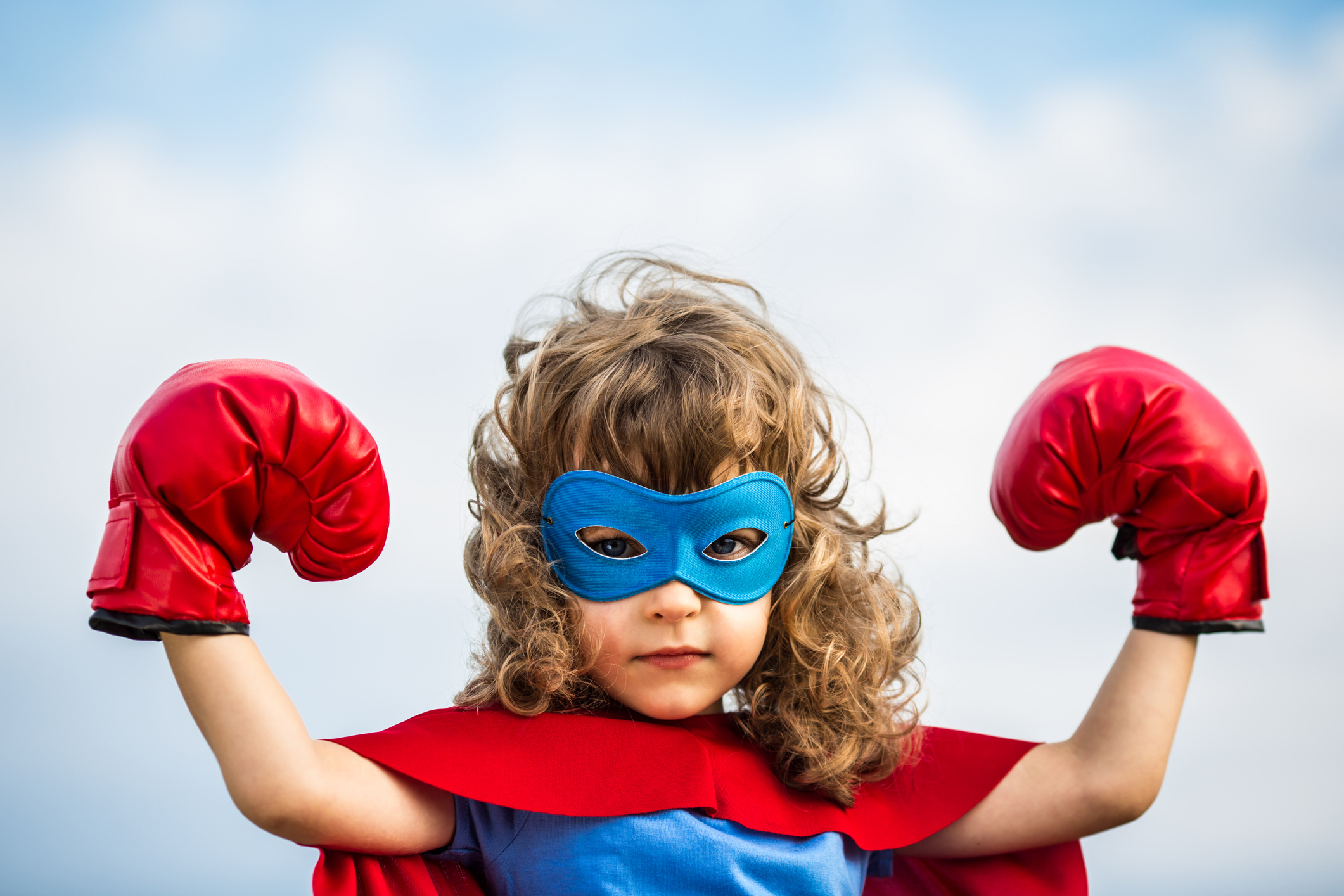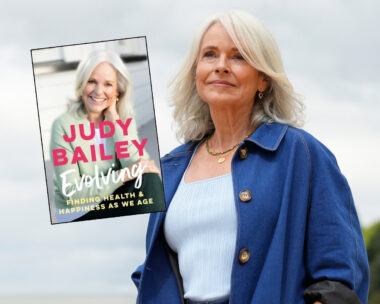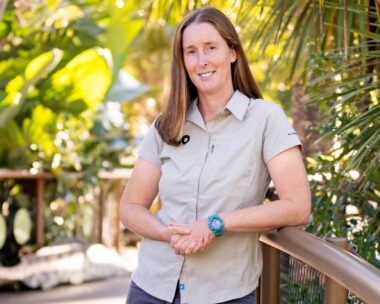I’ve never considered myself a feminist. Is that strange?
I went to an all girls’ school, Auckland Girls Grammar, and felt very strongly the power of women together, the legacy of the suffragette movement, the freedom of having an education surrounded by other women and not getting caught up in relationship dramas of co-ed schools. But I’m also Māori, so I think my passion for indigenous rights has always trumped feminism.
This changed when I became a mother.
Suddenly going back to the workforce became a battle between spending time with my child, and doing the thing I loved. The conversations about what work I would and wouldn’t do changed. Basically, it had to be pretty darned good to take me away from my little one, and if it wasn’t going to fulfill me artistically, then it better be paying more than just my babysitter’s wages. For the first year of Lala’s life I found myself saying no to work more than yes, and I was proud of that.
Five years on, I see that I fight a feminist fight in my work all the time. In my first TV job after having Lala, it was written into my contract that I wasn’t allowed to bring her on set at any point while I was filming. This felt like a slap in the face, and I probably would have fought it with the experience I have now.
It’s a far cry from filming The Great Maiden’s Blush, where the producer and directors made a promise to me that any time I was on set shooting, they would take responsibility for my (then) three-year-old. I quickly learned to be very clear about what I could and couldn’t do.

Miriama McDowell
I remember my first job back doing theatre. The director agreed to release me two hours earlier than the rest of the cast every day so I could pick Lala up from Kōhanga and get her bathed and bedded by a reasonable time. My attitude was: I will work really hard for you, but only for these hours. If I work beyond these hours, my home life will fall apart and I will stop working hard for you. I often say to new mothers: Negotiate.
Be very clear about what you can and can’t do. If you stretch yourself too thin, everything will suffer. Better to be honest and brutal about your boundaries.
Now that I’m a director I am actively encouraging of having kids in the room. I like to employ actors who have kids, and provide a rehearsal space where kids can be present. This is not always ideal for certain scenes, but I trust my actors to know which days are kid-friendly and which aren’t, and it usually works out.
I’ve found it’s really good for younger actors to have kids in the room too. Kids are such a great litmus test – if you can get kids to stop and pay attention, to laugh in the right places, you know you’re doing it right.
So I am a feminist. I fight for the equal rights of women by continuing to work as an actress, by making my child a part of the work environment and a part of the work conversation, and by encouraging parents to bring their kids to work. My work and my practice are richer for it.
Miriama McDowell appears in Kororāreka: The Ballad of Maggie Flynn, which is travelling around the North Island in June.
In what way did motherhood change your thinking? Email us at: [email protected] or visit us on Facebook
For more from NEXT, follow us on Facebook and Instagram here.




